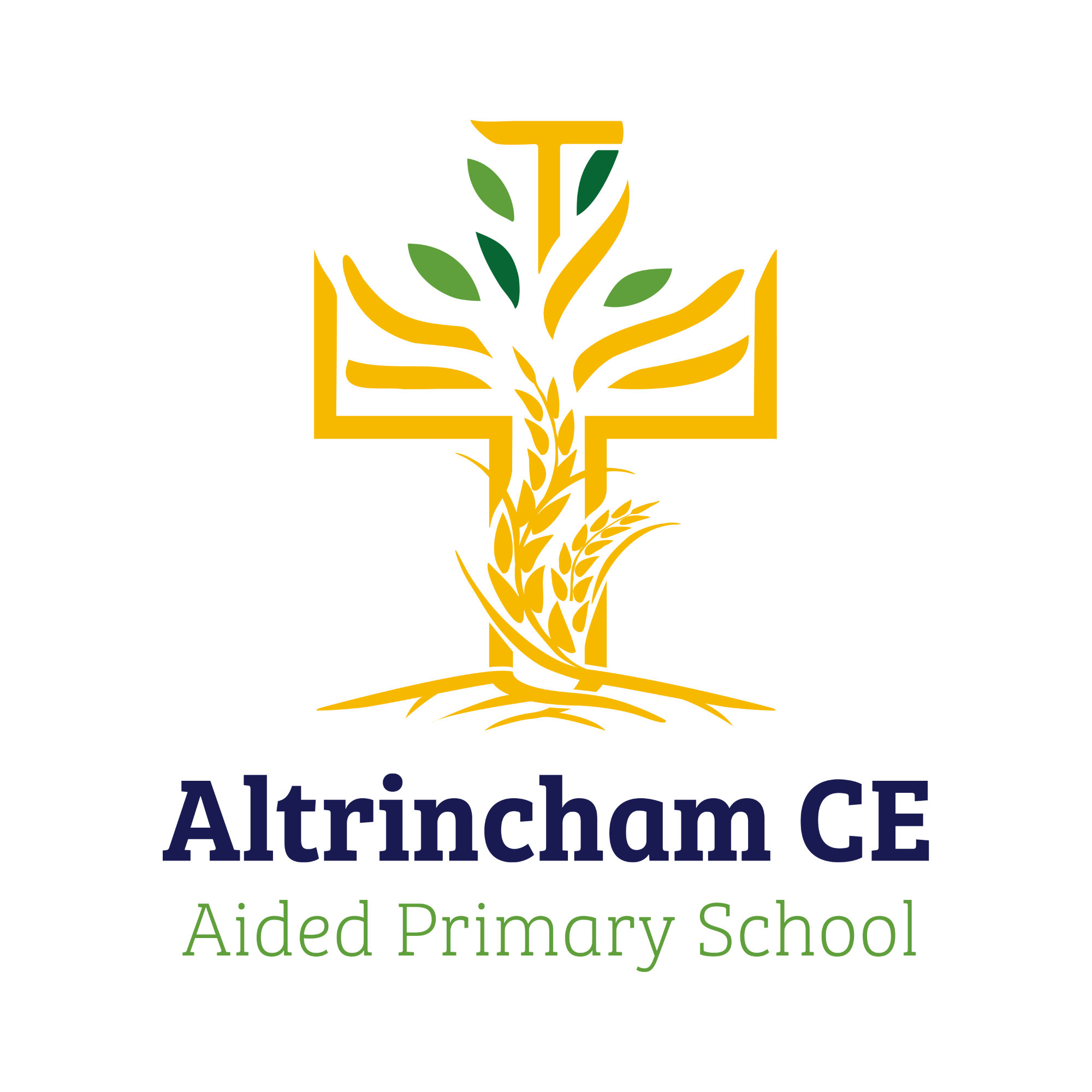Computing
At Altrincham CE Primary School, we want our children to be masters of technology and not slaves to it, recognising the significance of digital technology in their everyday lives. We offer a high-quality, broad computing education encompassing computer science, information technology and digital literacy that will inspire pupils’ to be creators and not just consumers of technology. We explicitly teach pupils the skills and knowledge they need to become creative, digitally literate, computational thinkers.
Aims (desired outcomes)
- Understand and apply the fundamental principles and concepts of computer science, including abstraction, logic, algorithms and data representation.
- Analyse problems in computational terms and have repeated practical experience of writing computer programs in order to solve such problems.
- Evaluate and apply information technology, including new or unfamiliar technologies, analytically to solve problems.
- Be responsible, competent and creative users of information and communication technology.
- Utilise opportunities outside the classroom including home learning and real life experiences to enrich experiences and to learn about computing in an active and creative way.
- Ensure learning without limits, making cross-curricular links to secure application and mastery
- Ensure continuity and progression across key stages, recognising computing as an enquiry with a focus on skills and deepening knowledge and understanding, supported by robust assessment.
- Understand key Computing and ICT threshold concepts and use them to encourage curiosity about digital technology by asking valid questions about the digital systems around them, make connections in order to explore how technology is used in the real world including the effective use of tools, analyse and evaluate the impact of technology and how to use it creatively in a safe and responsible way.
Online Safety
Children have the right to enjoy childhood online, to access safe online spaces, and to benefit from all the opportunities that a connected world can bring to them, appropriate to their age and stage. As they grow older, it is crucial that they learn to balance the benefits offered by technology with a critical awareness of their own and other's online behaviour and develop effective strategies for staying safe and making a positive contribution online.
We use the DFE approved, 'Education for a Connected World' Framework which describes the knowledge, understanding and skills that children and young people should have the opportunity to develop at different ages and stages. It highlights what a child should know in terms of current online technology, its influence on behaviour and development, how to get support, and what skills they need to navigate it safely.
Our PSHE Scheme of Work (Jigsaw) supports our staff to teach personal development relevant to pupils' real world; this enables strong skills-based foundations to be laid, so that when online, children and young people manage themselves and situations better - with more discernment, assertiveness and clarity. We note that Jigsaw, throughout its programme enables safe online behaviour and relationships as well as focusing on healthy, positive offline relationships.
